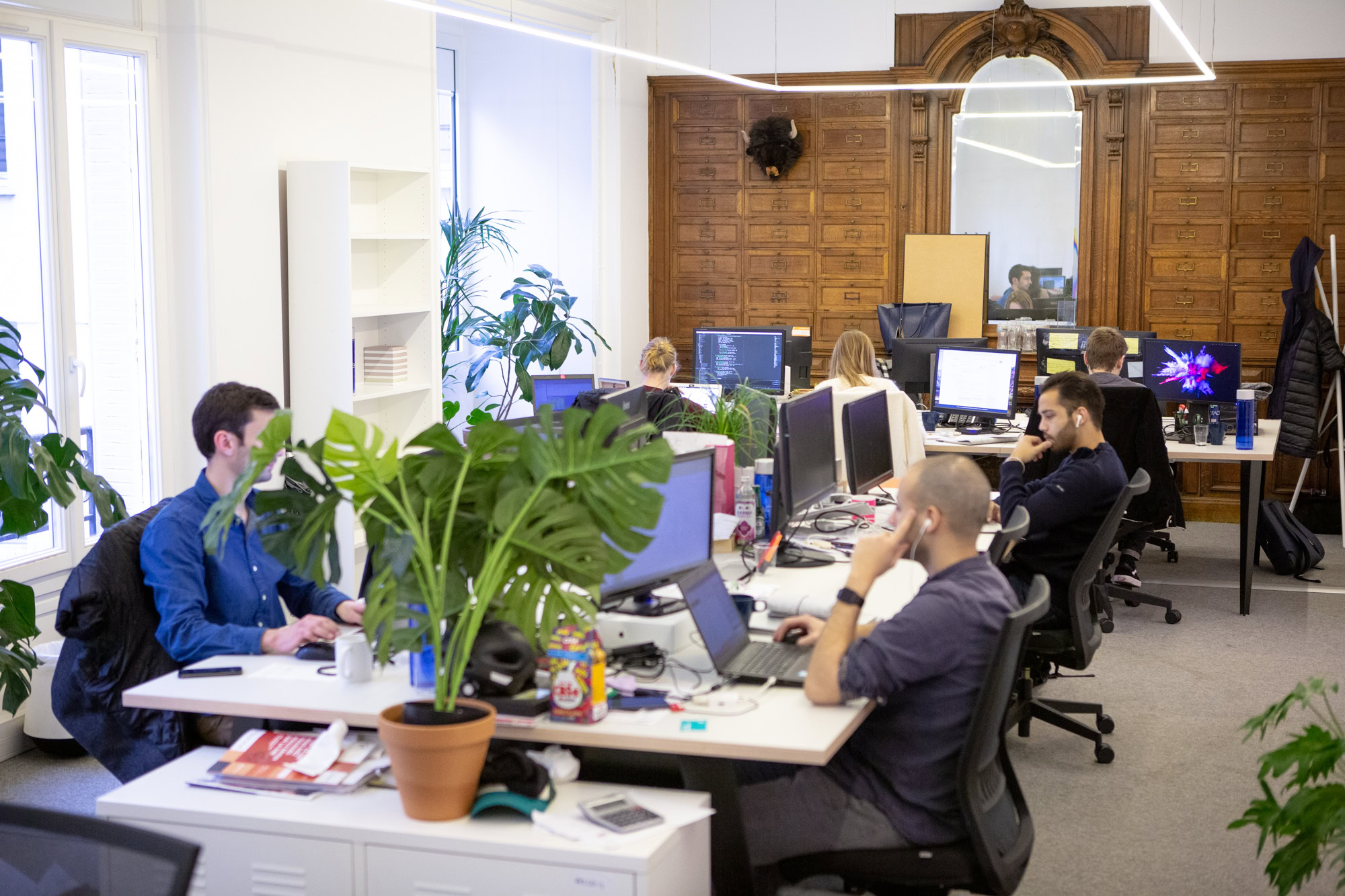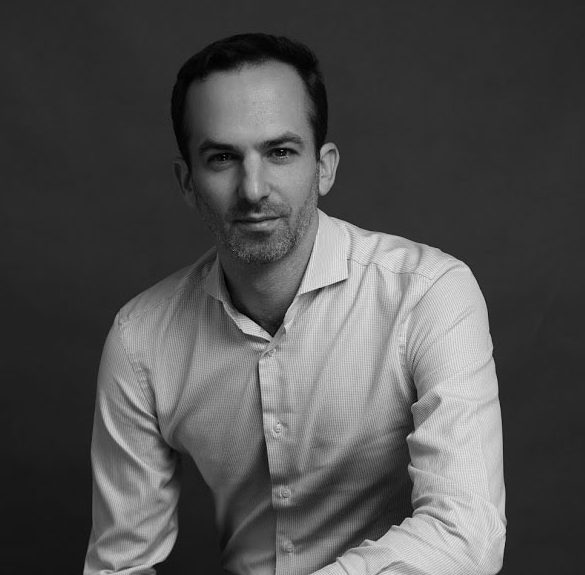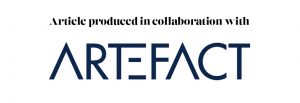AI in business: technology and people

To capitalise on the growth potential of AI, we need to develop strong expertise and dedicated governance tools. Three experts from the consultancy Artefact shed some light on the subject.
Ten years ago, AI was barely a topic of conversation. Were you pioneers in this field?
Édouard de Mézerac: Absolutely. From the very beginning, Artefact recognized that the explosion of data would revolutionize marketing. Back then, major companies like Samsung and Carrefour were sitting on vast amounts of customer data but were unable to fully leverage it. We stepped in to help them collect, structure, and analyze this data, offering deeper insights into their consumers. This meticulous work, carried out hand-in-hand with our engineering teams, data scientists, analysts, and software developers, became the key to our success. We then replicated this approach across different business functions, including sales, manufacturing, supply chain, R&D, and even support departments.
Alexandre Thion de la Chaume: Early on, we introduced vertical approaches tailored to specific industries. The uses of AI in sectors like pharmaceuticals, banking, or retail are highly specialized. For example, AI can optimize procurement in industrial settings, improve risk management, or facilitate predictive maintenance in factories. AI is also becoming indispensable in areas such as logistics and supply chain management.
Pascal Coggia: A decade ago, data and AI were topics reserved for experts, with the emergence of roles like Chief Digital or Data Officers. Today, AI is a company-wide issue. Its adoption by all employees is crucial to stay competitive. Generative AI technologies, especially, have gained traction following the launch of ChatGPT. To stay ahead, two years ago, we established a dedicated AI research center to bridge the gap between academic research and business. This center is built on partnerships with top universities and Artefact’s clients.
Who are your clients, and what do they expect when they come to you?
E.M.: Artefact primarily serves Fortune 500 companies across all industries. Today, we are one of the few consulting firms in this sector that has successfully gone global. Since most of our clients operate on a global scale, we offer both localized service through our 27 offices worldwide and a unique cultural understanding. Our engagements often start with initiatives like hackathons and workshops to foster innovation and build awareness. We then work on crafting tailored AI and data strategies. Finally, we develop and implement concrete solutions using proven models, such as our AI Factory.
A.T.C.: One of our first steps is to help executive committees understand that data governance is a prerequisite for deploying a coherent AI strategy. Once the foundations are in place and the organization is solid, we work together to prioritize and develop use cases based on their potential to create value. We also collaborate with IT teams to provide the best technology recommendations.
P.C.: Typically, we see executive committees being challenged by their boards to establish ambitious AI strategies. But over the past year, the demand has also started coming from employees themselves—people who use ChatGPT at home and wonder how AI could positively impact their work. Artefact’s strength lies in mastering the technology while also demystifying AI, engaging teams, and driving transformation.
What challenges do you help your clients overcome?
E.M.: The most common challenge is improving data collection and quality. In many organizations, data is difficult to access and often siloed, with different standards across countries or divisions. Our clients have made progress in this area, but they still need support, not only on the technical front but also in terms of change management, governance, and scaling AI use cases.
A.T.C.: Another challenge is helping clients identify use cases that can deliver real business value in the short and medium term. This requires a solid understanding of ROI, taking into account technical constraints, data availability, and team readiness. Our deep industry experience really sets us apart in this area.
P.C.: One underestimated barrier to deploying these technologies is the human element. We ensure that business functions can collaborate seamlessly with data and AI teams, as well as technical and IT departments. In reality, it’s less about the technology itself and more about the need for organizational change. Engaging an external firm like ours makes these transitions much smoother. AI is fundamentally a human-driven revolution. That’s why we launched the Artefact School of Data, addressing the growing need for companies to train their teams in AI. Our school offers everything from e-learning platforms for everyone to expert sessions on the latest technological innovations. The goal is to democratize these topics.
Is AI really the key to driving business growth?
A.T.C.: There are high expectations around AI, but it’s important to understand that AI is an accelerator, not a magic wand. Incorporating AI into a transformation can optimize processes (sales, marketing, supply chain, R&D…) and significantly enhance operational efficiency, but it requires expertise and long-term commitment, as well as successful adoption across the organization.
E.M.: Indeed, there are two extremes to avoid: one is thinking, “AI isn’t for me,” and the other is believing that AI can work miracles. Our job is to create a realistic and tailored roadmap for each of our clients.
Pascal Coggia (H.09)
Managing Partner,
UK Lead

Alexandre Thion
de la Chaume (H.08),
Managing Partner,
B2B Industry Lead

Édouard de Mézerac (H.06)
Managing Partner,
Global Industries Lead

Artefact
Artefact is a data and AI transformation consultancy based in Paris. It has become one of the world leaders in the sector in the space of ten years, offering a wide range of services, from strategy and operations to the development of data and AI solutions. Artefact has 1,500 employees in 22 countries and has recorded rapid growth of its turnover (+30%) in 2023, which has continued in the first half of 2024.

Published by La rédaction

